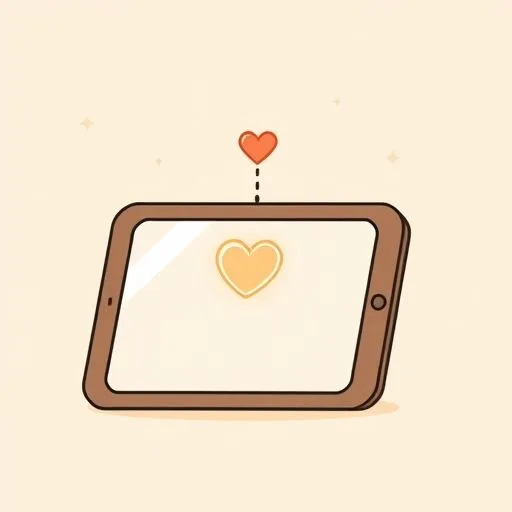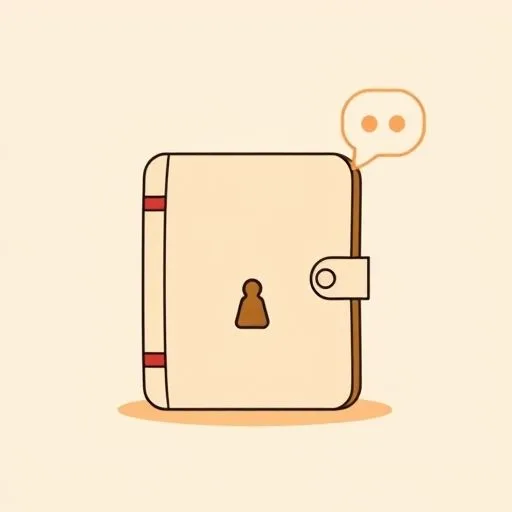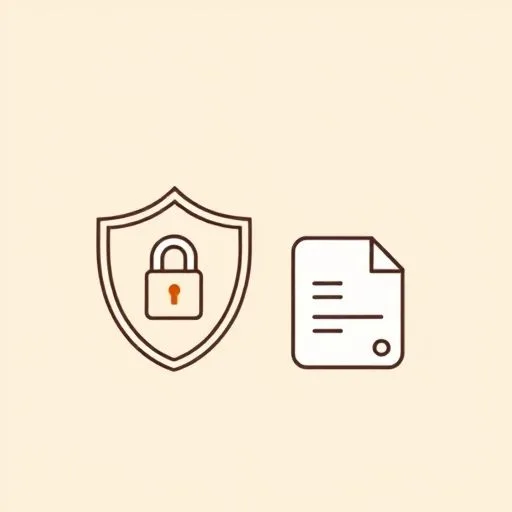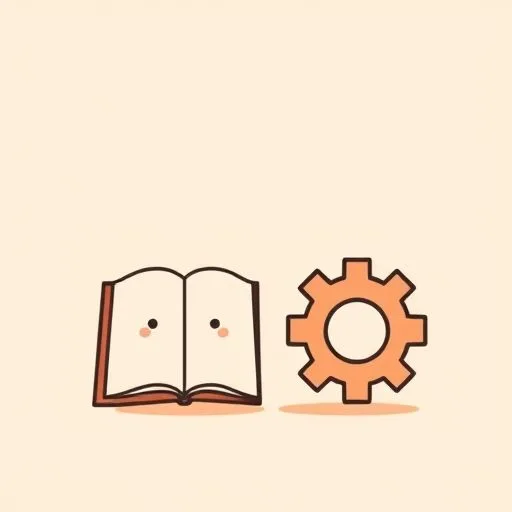
You know that moment when your child whispers something to their tablet screen, thinking it’s their private confidant? That trust they place in technology—it’s beautiful and terrifying all at once. Well, it turns out even the creator of ChatGPT loses sleep over this very thing. Sam Altman recently admitted he hasn’t had a good night’s rest since launching ChatGPT, and his push for ‘AI privilege’ reveals something crucial about how we’re all navigating this new digital world with our families and digital safety.
Why Do Kids Trust AI More Than We Realize?

Think about it: when we were kids, we wrote in diaries with little locks that could be picked with a bobby pin. Today’s kids? They’re pouring their hearts out to AI assistants that remember everything perfectly—and that memory isn’t protected like a therapist’s confidentiality.
It’s wild—teens are opening up to ChatGPT like it’s their personal life coach, therapist, even a secret diary! They ask ‘what should I do?’ about problems they might not feel comfortable sharing with anyone else. And right now, those conversations have no legal protection. If someone subpoenaed those chats, they’d all come out.
That hit me right in the parent-heart. My daughter tells her smart speaker about her day, her worries, her little triumphs. She trusts it completely. And knowing that trust could be broken? That keeps me up at night too, thinking about digital safety and AI privacy.
What Does AI Privilege Mean for Your Family’s Safety?

Altman’s pushing for what he calls ‘AI privilege’—the same protection you get when talking to your doctor or lawyer. Because here’s the thing: when your child asks ChatGPT about friendship problems or school stress, they deserve the same confidentiality they’d get from a trusted adult.
But until that protection exists legally, we’re navigating uncharted territory. It’s like sending your kids to play in a beautiful park without any fences around the steep drops. The joy is real, but so are the risks.
This isn’t about fear-mongering—it’s about awareness. Understanding that these amazing tools our kids love come with responsibilities we’re still figuring out as a society.
How Can We Protect Our Kids’ Digital Conversations?

So what do we do while waiting for proper AI privacy laws? Think of it like plotting a weekend family road trip—first we scout the route, then agree on pit stops. Here, our pit stops are chat settings and honest talks.
We become the first line of defense—not with rigid rules, but with open conversations and smart boundaries.
First, talk about digital privacy like you’d talk about stranger safety. Explain that some conversations are better kept within the family or with trusted humans. Make it about wisdom, not restriction.
Second, check your settings together. Many AI tools have privacy controls that get updated regularly. Making this a shared exploration turns safety into a team effort rather than a parental imposition.
And most importantly? Keep those channels of communication wide open. When your child knows they can bring anything to you without judgment, they’re less likely to seek answers exclusively from algorithms.
Why Does This Moment Matter for Families?

Here’s the beautiful part: we’re living through the creation of entirely new social contracts around technology. The fact that Altman is losing sleep over this shows that the people building these tools care deeply about getting it right.
This isn’t some dystopian future—it’s a growing pain of incredible innovation. And as parents, we get to help shape how this all unfolds by raising digitally literate, emotionally intelligent kids who understand both the power and limits of technology.
That conversation you have tonight about why some things are better shared with people than machines? That’s part of building a better digital world. Those moments when you model putting down devices to really listen? That’s teaching what no algorithm can replace.
What Digital World Are We Building Together?

The sleepless nights Altman describes? They’re not just his—they’re ours too. And as we stroll our daughter to school each morning, this idea really hits home. Every time we wonder if we’re getting the balance right between embracing technology and protecting our kids’ innocence.
But here’s what gives me hope: we’re not passive consumers in this story. We’re active participants shaping how our families interact with technology. Every conversation about digital safety, every shared moment of putting devices away to connect face-to-face—these are the building blocks of a healthier digital future.
Maybe the answer isn’t in perfect algorithms or flawless privacy laws alone. Maybe it’s in raising kids who know their worth isn’t in what any machine thinks of them, but in the unconditional love that surrounds them—both online and off.
So, parents, ready to map out this digital journey with joy and confidence? Let’s go!
Source: Altman Calls For ‘AI Privilege’, Admits Sleepless Nights Over ChatGPT Impact, Ndtv Profit, 2025/09/11 15:42:52
